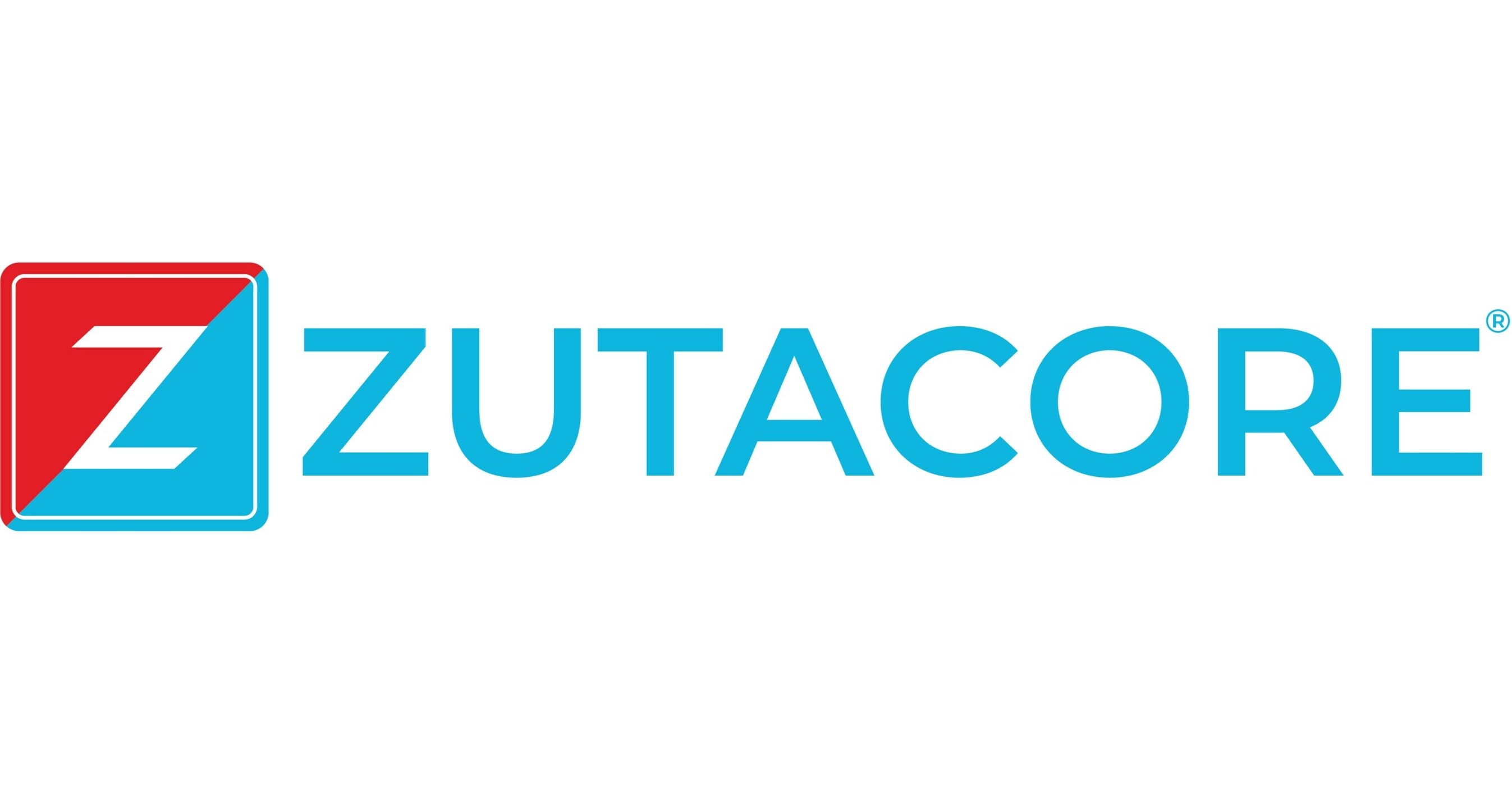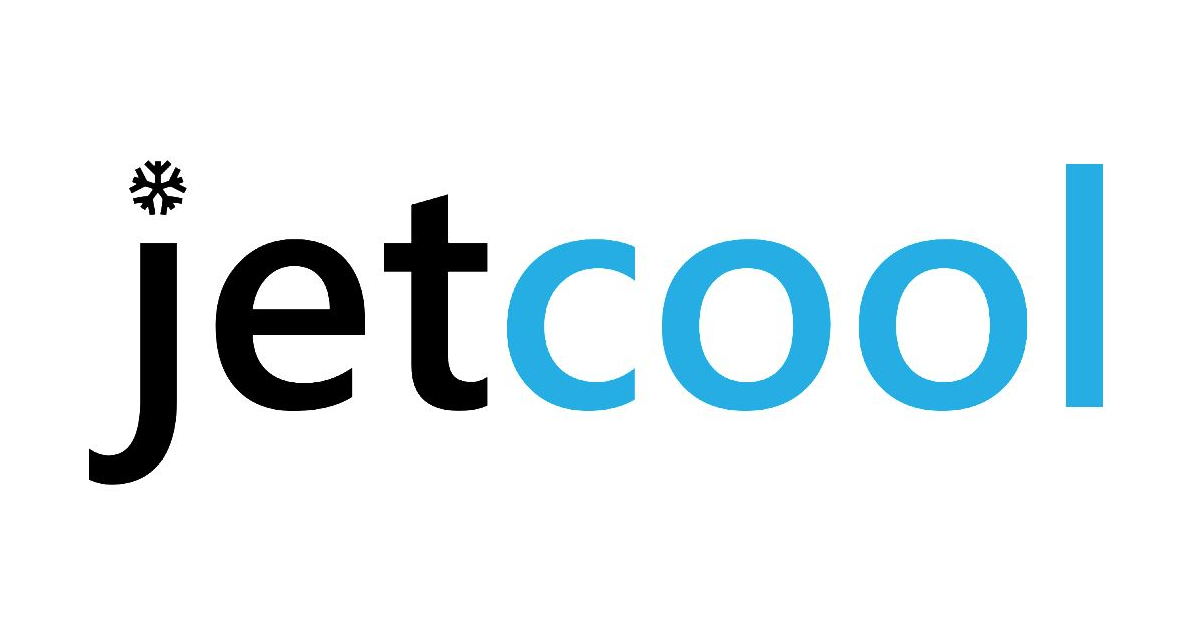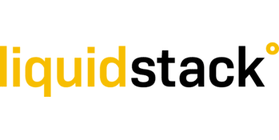
Data centres globally use around 240-340 terawatt-hours of electricity, about 1% of total global energy demands according to the International Energy Agency. And they are becoming ever more power-hungry as artificial intelligence dramatically increases the need for computing power.
So, there is an urgent need to find new ways to run data centres more efficiently and in more environmentally friendly ways. This can be through storing energy, recycling or developing new forms of technology that can ensure no energy is wasted.
Here are some of the startups that are coming up with new energy ideas for the data centre sector:

FOR GCV SUBSCRIBERS:
Find out which corporations are investing in data centre energy startups.
While this is an area that has not seen a great deal of corporate investment, there is some growing interest from energy and engineering companies.
Repurposing heat and recycling computer products
There is buzz around the concept of circular economy within the data centre industry. The large amounts of heat that data centres produce has an incredible value when it comes to energy. But how best can it be harnessed and repurposed?
Currently, data centres produce significant amounts of wasted heat that has detrimental impacts on the environment. Amid a global energy crisis and a climate crisis, finding ways to manage and store this heat will have an outsized and positive impact on how we live.
But what is heat repurposing? Heat repurposing in data centres works by capturing wasted heat through a chamber or other form of technology and rerouting it to another specific area.
In addition, many data companies are looking for ways to avoid waste by repurposing their computer products – whether it be computer boards or chips.
With the adoption of this technology has come an array of startups tackling this issue, so here are the startups that are repurposing data centre heat and technology:

Deep Green
Based: London, UK
Founded: 2016
Funding to date: $264m
UK-based Deep Green is a data centre company that recaptures and repurposes the heat generated by computers.
The startup installs tiny data centres at energy-intensive sites, such as swimming pools, which turns waste heat from the computers into hot water for the sites. In return, cold water from the pool cools the cloud servers, providing free cooling.
Deep Green was founded in 2016 by chief executive Mark Bjornsgaard. Bjornsgaard is also a managing partner at System Two, a venture capital firm. Bjornsgaard began working for the venture capital firm 18 years ago. He also is the co-founder, board member and has been an investor for 12 years at Secret Source, a Spain-based technology outsourcing agency.
Since its launch, Deep Green raised $264m in a growth equity round in 2024 by Octopus Energy, a UK-based renewable energy company through its investment arm Octopus Energy Transition Fund.

Infinidium
Based: Calgary, Canada
Founded: 2018
Funding to date: N/A
Eliminating the need for complex cooling and ventilation systems, Calgary-based Infinidium has developed a simple and next-generation data centre cooling and power supply infrastructure.
The company’s technology, The Vortex Vacuum Chamber, is an enclosed, floor-to-ceiling chamber that sucks cool air into a bell-shaped chamber where server boards are arranged in circular racks. The chamber generates power by allowing the air to rise to a vent where it drives a turbine on its way out. The technology claims to be the most efficient data centre cooling system in the industry.
Infinidium was founded in 2018 and is headed by chief executive and director Paul Grist. Grist is an entrepreneur with more than 25 years in natural resource development and green energy. He was the president of Archon Energy and has previously founded three companies.
Infinidium’s total funding and investment rounds have not been disclosed.

Hestiia
Based: Paris, France
Founded: 2016
Funding to date: $1.4m
Paris-based startup Hestiia is a developer of a smart heater called MyEko that helps consumers save money on energy bills. The computing technology from the smart radiator ensures houses stay warm. In addition, the radiator itself is made from recycled chips from data centres.
Once installed, these heaters can then be used as a distributed computing device for data processing projects such as cryptocurrency mining or the big US research project searching for extraterrestrial life (SETI).
The startup has raised around $1.4m in 2023 from venture capital firm Bpifrance alongside several business angels. Other investors include NOIA Capital, a Luxembourg-based multi-family office and New Layer Capital, a venture capital firm.

Verrus
Based: New York, US
Founded: 2024
Funding to date: N/A
Sidewalk Infrastructure Partners spinout Verrus is a US-based company that develops and builds highly optimised data centres that collaborate with utilities to offer flexible required grid support at any one time. Hoping to improve on data centres of the past, Verrus’ data centres have adaptable elements like cooling architecture and comprehensive energy management systems that make them highly ‘carbon-aware’ and able to deal with complex AI systems.
Brain Barlow, co-chief executive and Jonathan Winer, co-chief executive founded Verrus and also helped launch Sidewalk Infrastructure Partners in 2019. Sidewalk Infrastructure Partners is a spinout of US-based conglomerate Alphabet.
Backers in Verrus so far include Alphabet, Toronto-based pension fund company Ontario Teachers’ Pension Plan and StepStone, a job platform and subsidiary of media corporation Axel Springer.

ZutaCore
Based: San Jose, California
Founded: 2016
Funding to date: N/A
Sitting in the middle between heat repurposing and cooling, Zutacore does both. The startup’s HyperCool technology is a direct-on-chip, waterless liquid cooling system that repurposes 100% of the heat produced.
It’s a complete hardware system (with optional software), which is fully effective while taking up a fraction of the space traditionally required. This means data centres can take up less space, which also means they use less energy, resources, land and construction, as well as maximising real estate assets.
Data centres and liquid cooling technology
In order to function, data centres need to be tightly temperature controlled. Many rely on liquid cooling technology to offset the heat produced by the data processing, and prevent malfunction.
But cooling is not only expensive, it’s bad for the environment. Current methods of liquid cooling take up a lot of space or can be impractical. The sector is calling out for better innovations.
So here are the startups innovating data centre liquid cooling technology:

Asperitas
Based: Amsterdam, Netherlands
Founded: 2014
Funding to date: N/A
Asperitas has developed a new type of immersion liquid cooling system for data centres. Asperitas’ innovation is a synthetic oil that naturally circulates as it heats and cools.
Asperitas was founded in 2014 by Rolf Brink, the chief executive. Brink has over 20 years of experience in the IT sector where he focuses particularly on product development for cloud architectures and datacentre infrastructure.
In January of this year, Asperitas, alongside seven other Dutch companies, received funding from the Ministry of Economic Affairs and Climate under the Modular Integrated Sustainable Datacenter Project.

JetCool
Based: Littleton, US
Founded: 2019
Funding to date: $36.2.7m
Another company tackling the cooling problem, JetCool, has developed a patented technique that uses an array of fluid jets to cool the highest power devices – called microconnective cooling®.
Whereas most cooling techniques use heat sinks or cold plates that pass fluid over a surface, JetCool’s precision technology routes fluid directly onto a surface, focusing and vastly improving heat transfer. The technology underpins the entire product range, offering specially designed and highly effective methods for different applications.
JetCool is an MIT spin-out that was formed in 2019 after five years of development work in the cooling technology sphere. Led by founder and CEO Bernie Malouin, since 2019 the team have worked with leading innovators worldwide to transform and develop this area, focusing on improving efficiency and performance.
Malouin founded JetCool Technologies after 8 years at MIT Lincoln Laboratory, where he served as the Chief Engineer leading the technical development of a $100M+ airborne payload program for the US Government. Bernie received a BS in Mechanical and Aeronautical Engineering (RPI) and a Ph.D. in Mechanical Engineering (RPI).

Virtus
Based: London, UK
Founded: 2008
Funding to date: $66m
Virtus is a provider of intelligent data centre colocation (a place where companies can rent compute power) for the financial, media, cloud and digital economy in London.
The UK-based startup designs and operates data centres that are run with renewable energy, and use advanced liquid and immersive cooling solutions.
The technology used allows high performance computing and traditional networking IT equipment to be in very close proximity whilst supporting large generative AI workloads, meaning the centres use less space as well as being climate friendly.
Since 2008, Virtus has raised $66m in total funding. Investors in the company include Deutsche Bank, LMS Capital and Brock Capital. Corporations have also invested, such as ST Telemedia, a Singapore-based communication company.

LiquidStack
Based: Marlborough, US
Founded: 2012
Funding to date: $10m
LiquidStack is a liquid cooling company that helps cool servers without the need for air conditioning, IT fans and bulky heat sinks.
LiquidStack’s two-phase immersion cooling system means computers are submerged in dielectric heat-transfer liquid instead of mineral oils. It also produces a single-phase immersion cooling DataTank which performs better than the advisory guidelines for high-performance applications like AI. Eliminating the need for air conditioning or fans improves climate impact and reduces energy costs.
LiquidStack was founded in 2012 by chief executive Joesph Capes, chief technology officer Kar-Wing Lau, co-founder Suzanne Su and co-founder Jim Setterholm.
The US-based startup has raised $10m in funding. In March 2023, LiquidStack raised for its series B round backed by US-based manufacturing corporation Trane Technologies. Taiwan-based computer manufacturing company Wiwynn has also invested in the startup.

Submer Technologies
Based: Barcelona, Spain
Founded: 2015
Funding to date: $45.9m
Submer Technologies is a Spain-based computing immersion cooling system developer for data centres.
The company develops SmartPod and CryptoPod which are next-generation horizontal immersion cooling tanks. They have accelerated their design cycle by incorporating a cloud-based simulation tool into their process which provides a more efficient cooling process.
Submer Technologies was founded in 2015 by chief technology officer Daniel Pope and chief scientific officer Pol Valls. Pope initially was Submer Technologies’ chief executive before accepting his current position this year.
Submer Technologies has raised close to $50m in funding. In 2022, the startup raised $34m in a funding round from venture capital firms including Mundi Ventures, Norrsken VC and Planet First Partners.

Immersion4
Based: Lusanne, Switzerland
Founded: 2017
Funding to date: N/A
Switzerland-based startup Immersion4 is a provider of liquid-immersion cooling systems for data centres.
The company’s cooling technology, Immersion4 DTM Cooling, eliminates the need for fans and other mechanical components that are a common source of failure in traditional air cooling systems.
Immersion4 was founded in 2017 by chief executive Serge Consea. Consea also is a senior partner at VCG International, a technology and IT transformation services provider. He spent eight years at France-based consumer electronics company Alcatel as a corporate account manager and director of strategic alliances.
Immersion4 has not disclosed its total funding. The company has raised a seed funding round from Arion Venture Capital, a France-based venture capital firm and Hewlett Packard Enterprises (HPE) the US-based multinational IT company.